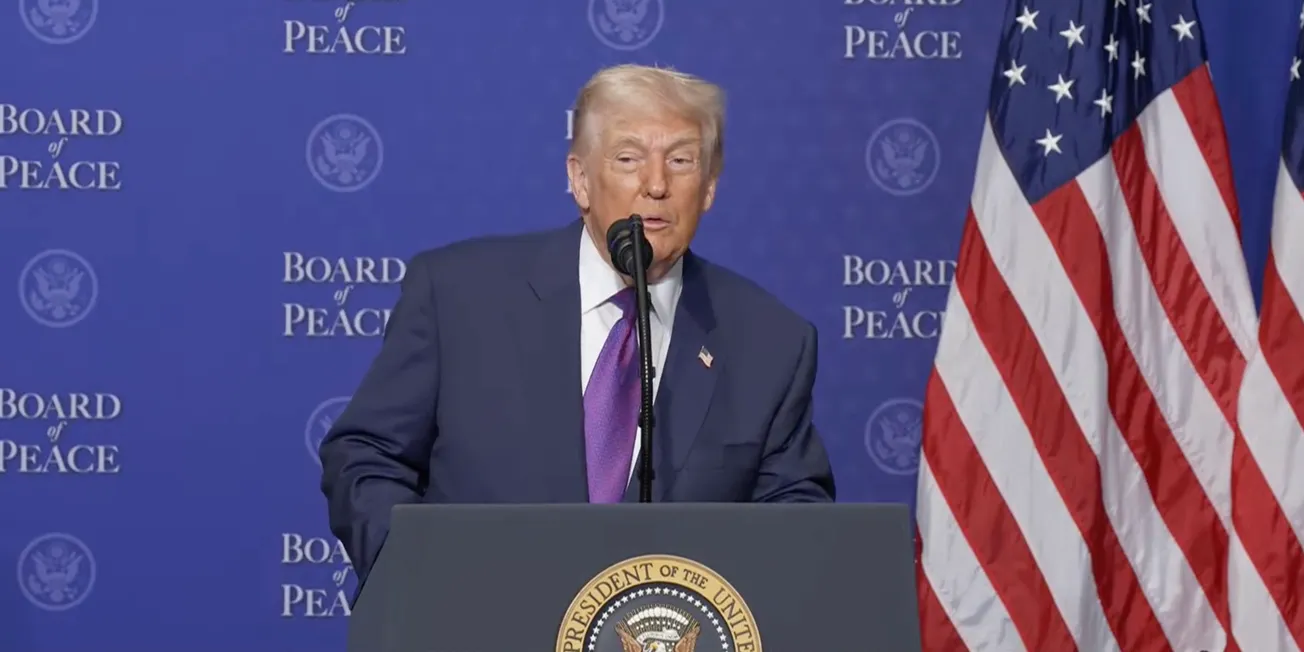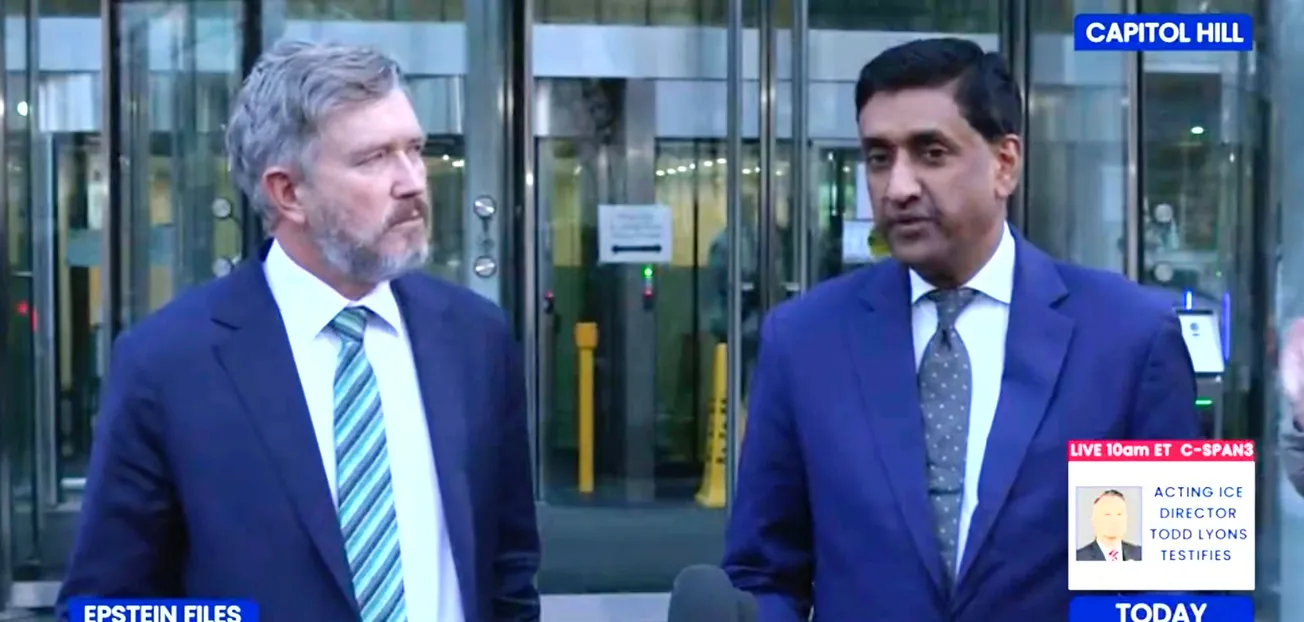Four articles published on the Center for the National Interest website over the past three days are indicative of the fact that a growing number of leading Establishment advisors in the U.S. are scared that the U.S. is heading into a potential war with Russia with incalculable consequences, and a course change is urgent. The Center, and its magazine, The National Interest, views itself a platform for “strategic realism” in U.S. foreign policy. The views of the four authors cited below are not shared by all at the Center, and none of them shows signs of recognizing that the entire geopolitical premise of their outlook must be dumped for peace to be secured, but they reveal the growing turmoil in U.S. Establishment ranks over the drive for national suicide.
• George Beebe, an intelligence analyst and diplomat who has served as director of CIA Russia analysis and Special Advisor to Vice President Cheney for Russia/Eurasia and Intelligence Programs, warned on Feb. 5: “For America and Russia, Deadly Perceptions Can Lead to War.” Deterrence and punishment, even carried out with “Churchillian resolve,” can produce a spiral of “action-reaction cycles” which can lead to war. Breaking those cycles requires “mutual introspection, empathy, and moral courage,” even if against the winds of domestic politics, he urges. Russia and the U.S. must come up with a “face-saving compromise.” His greatest concern: the “perilous assumption” of many in the government and media that Putin will not strike back if we apply “unconventional warfare” against Russia (draconian sanctions, arming and training Ukrainians to kill Russian invaders or deploying cyber weapons to disable Russian operations). “Just a few months ago, Russia conducted a successful test of an anti-satellite missile, and its state television announced that it had the ability to disable America’s entire Global Positioning System (GPS) satellite constellation—on which our stock markets, bank payments, power grids, digital television, and cloud computing all depend. Unlike Russia, the United States has not built a land-based backup that could function if GPS is lost…. Any exchange of attacks on critical Russian and American infrastructure could have profound consequences,” he reminds the reader.
• Matthew Burrows, a 28-year career CIA and State Department official now heading the Atlantic Council’s Strategic Foresight Initiative, warned on Feb. 4th of “The Costs of War with Russia.” Burrows calls Russia the instigator of the current crisis, but insists that the Biden administration must consider the strategic consequences of “rushing into a full-scale confrontation with Russia.” Others warn of escalation into World War III, Burrows observes, but he focuses on “three big” potential second- and third-order effects: “A Decoupled World,” in which a West cut off from Russia and China could potentially suffer $190 billion a year in lost output by U.S. businesses, a cut of $25 billion in U.S. investments, and a global “economic shock just in time for the 2022 midterms"; China and Russia “blunting U.S. economic power” in response, with the possible creation of a digital yuan which challenges the dollar and builds Chinese influence on Belt and Road countries; and a split in trans-Atlantic relations, when European countries break with Washington in the face of social upheaval, should Russian gas be cut off. Burrows hopes a combination of enforcement of the Minsk agreements and some form of agreements creating “a buffer zone” between Russia and NATO could head off conflict.








